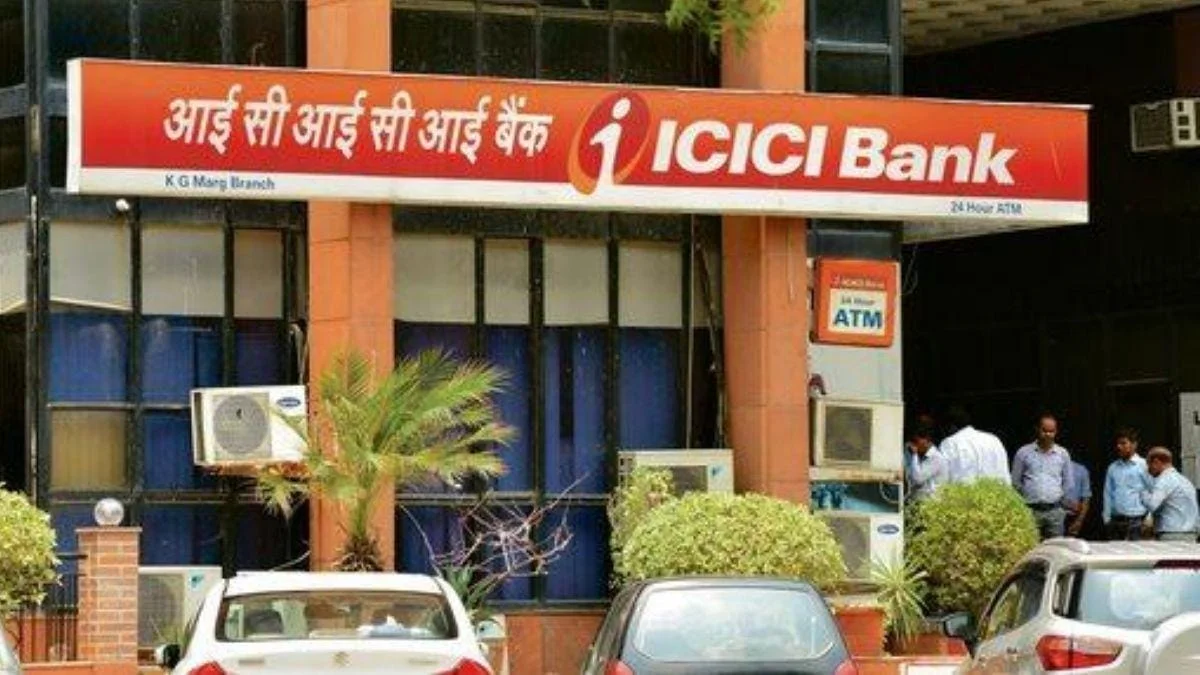ICICI Bank better than others with significant moratorium levels in COVID-19. The COVID-19 pandemic has escalated at an astonishing speed. So it has led millions of people to become infected, so economic growth to crash to a halt. As countries have implemented lock down to avoid the transmission of the virus.
The Coronavirus pandemic impact on first quarter results of ICICI Bank can be seen. The net profit of the lender missed market expectations, the development of its fee income came under pressure and the book of loans shrank sequentially.
And maybe what should concern investors though is that the moratorium rates of ICICI Bank is still strong at 17.5 per cent relative to rivals. The moratorium loan book is now well below the 30% published in April. However, the creditors’ peers including HDFC Bank and Axis Bank posted a single-digit moratorium point.
Bad loan levels for the quarter of June decreased to an eight-year low of 5.5%. Although such factors will undoubtedly escalate, the effect is a decrease in burden by the investor. Moreover, the bank has considerably improved its stocks. It is an significant aspect that experts have described as an investor convenience aspects.
Moratorium Levels In COVID-19
Rakesh Jha, the bank’s CFO, said that loans under a moratorium represented 30% of the overall loans provided by RBI as moratorium relief.
Both “opt-in” and “opt-out” policies have been adopted by ICICI on the basis of portfolios, offering “opt-in” to both qualifying retail and SME lenders, Jha added.
“Opt-in” system introduced for 11 percent of the loan portfolio, covering specific segments including industrial vehicles and agricultural loans.
The brokerage concluded in a report that. “We believe ICICI’s higher moratoriums reflect higher levels in corporate loans (BB-below book is 2-3% of loans). And housing loans (22%) where more borrowers are seeking moratorium to preserve cash.”
The bank claims that the degree of moratorium represents the desire of consumers to conserve money instead of tension.
The Bank clearly predicts a huge influence on the price of assets. And used its earnings to create a large barrier. Throughout the year, the lenders set aside a total of ₹7,593 crore provisions for the COVID-19 uncertainties. Across the period of March, the bank committed ₹2,725 crore to risks connected with the outbreak.
Banks are not leaving something to chance at the provisioning stage. Ergo could not prohibit it from putting up a substantial sum for guarantees in the ICICI bank’s sub-1% slippage ratio. The investor used the one-time income of ₹3036 from the selling of equity of insurance companies. To a significant degree to the provisioning.
At the meeting , the Board of ICICI Bank also authorized a fund raising with an overall amount of Rs 25000 crore by issuing debt securities, along with Non Convertible Debts(NCDs).


